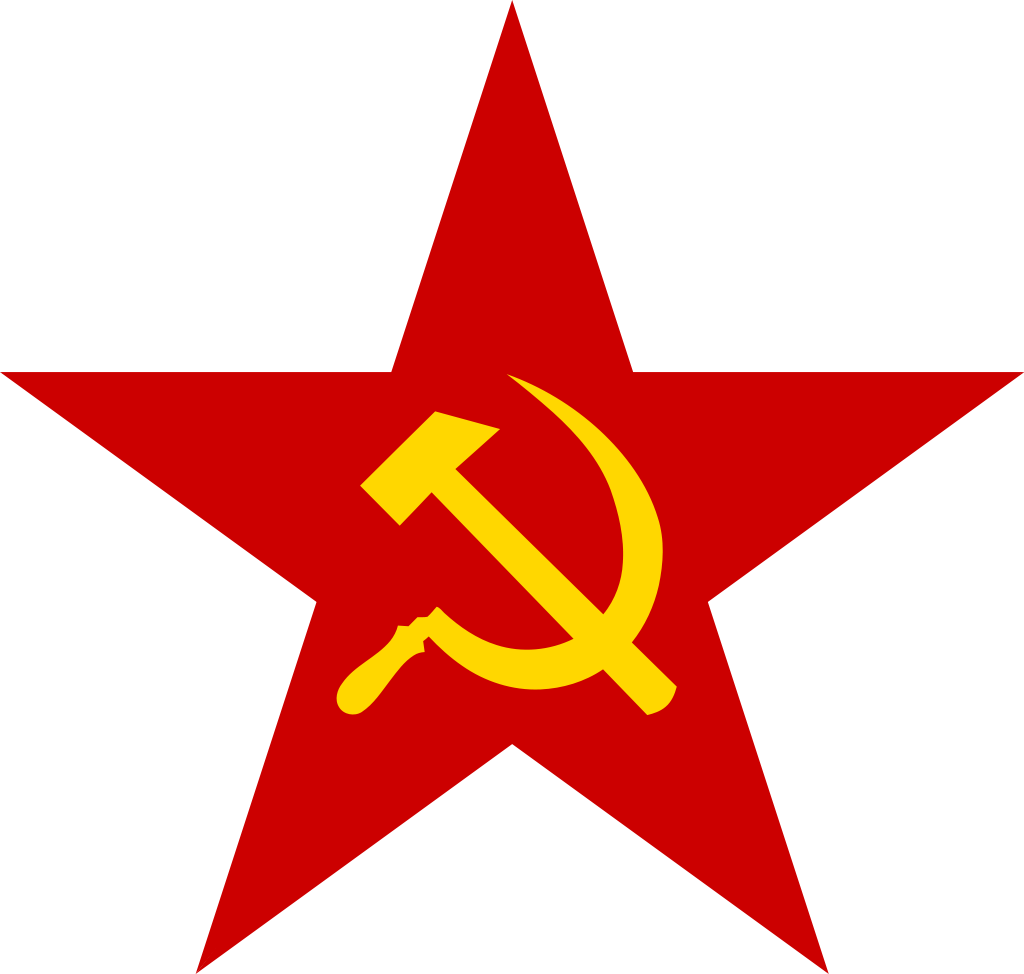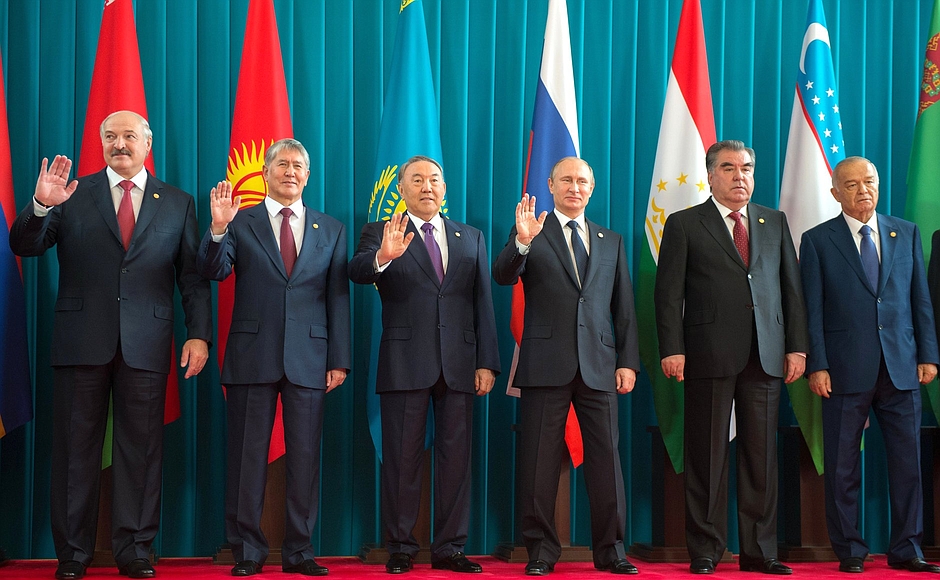Stamp: Vladimir Lenin (1870-1924) (Soviet Union, USSR 1926)
Vladimir Lenin (1870-1924) (Soviet Union, USSR 1926)
23 March (Soviet Union, USSR ) within release Vladimir Lenin goes into circulation Stamp Vladimir Lenin (1870-1924) face value 2 Russian ruble
| Stamp Vladimir Lenin (1870-1924) in catalogues | |
|---|---|
| Michel: | Mi: SU 309F |
Stamp is vertical format.
Also in the issue Vladimir Lenin:
- Stamp - Vladimir Lenin (1870-1924). face value 3;
- Stamp - Vladimir Lenin (1870-1924). face value 1;
- Stamp - Vladimir Lenin (1870-1924). face value 1;
- Stamp - Vladimir Lenin (1870-1924). face value 1;
- Stamp - Vladimir Lenin (1870-1924). face value 2;
- Stamp - Vladimir Lenin (1870-1924). face value 3;
- Stamp - Vladimir Lenin (1870-1924). face value 2;
- Stamp - Vladimir Lenin (1870-1924) face value 1;
- Stamp - Vladimir Lenin (1870-1924) face value 1;
- Stamp - Vladimir Lenin (1870-1924) face value 1;
- Stamp - Vladimir Lenin (1870-1924) face value 2;
- Stamp - Vladimir Lenin (1870-1924) face value 2;
- Stamp - Vladimir Lenin (1870-1924) face value 2;
- Se-tenant - Vladimir Lenin (1870-1924) face value 2*3;
- Stamp - Vladimir Lenin (1870-1924) face value 3;
- Stamp - Vladimir Lenin (1870-1924) face value 3;
Stamp Vladimir Lenin (1870-1924) it reflects the thematic directions:
Commemorations are a type of religious observance in the many Churches of the Anglican Communion, including the Church of England. They are the least significant type of observance, the others being Principal Feasts, Principal Holy Days, Festivals, and Lesser Festivals. Whereas Principal Feasts must be celebrated, it is not obligatory to observe Commemorations. They are always attached to a calendar date, and are not observed if they fall on a Sunday, in Holy Week, or in Easter Week. In Common Worship Commemorations are not provided with collects or indications of liturgical colour. However, they may be celebrated as Lesser Festivals if local pastoral conditions suggest it.
Communism (from Latin communis, 'common, universal') is a left-wing to far-left sociopolitical, philosophical, and economic ideology within the socialist movement, whose goal is the creation of a communist society, a socioeconomic order centered around common ownership of the means of production, distribution, and exchange that allocates products to everyone in the society based on need. A communist society would entail the absence of private property and social classes, and ultimately moneyand the state (or nation state).
A dictator is a political leader who possesses absolute power. A dictatorship is a state ruled by one dictator or by a polity. The word originated as the title of a Roman dictator elected by the Roman Senate to rule the republic in times of emergency. Like the terms "tyrant" and "autocrat", dictator came to be used almost exclusively as a non-titular term for oppressive rule. In modern usage, the term dictator is generally used to describe a leader who holds or abuses an extraordinary amount of personal power.
Famous People refers to the fame and public attention accorded by the mass media to individuals or groups or, occasionally, animals, but is usually applied to the persons or groups of people (celebrity couples, families, etc.) themselves who receive such a status of fame and attention. Celebrity status is often associated with wealth (commonly referred to as fame and fortune), while fame often provides opportunities to make money.
A head of state (or chief of state) is the public persona that officially represents the national unity and legitimacy of a sovereign state. In some countries, the head of state is a ceremonial figurehead with limited or no executive power, while in others, the head of state is also the head of government. In countries with parliamentary governments, the head of state is typically a ceremonial figurehead that does not actually guide day-to-day government activities and may not be empowered to exercise any kind of secular political authority (e.g., Queen Elizabeth II as Head of the Commonwealth). In countries where the head of state is also the head of government, the president serves as both a public figurehead and the actual highest ranking political leader who oversees the executive branch (e.g., the President of the United States).




